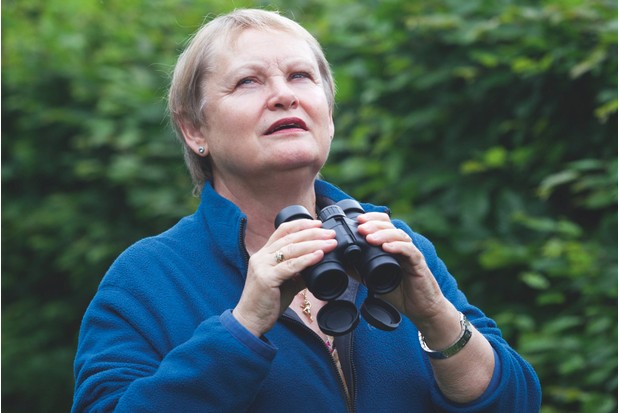Reports have come out of Africa's famous Maasai Mara reserve that some of the lions that featured in the BBC series Big Cat Diaries, have been targeted by poisoners and two herdsmen have been arrested.
Two of the lions have died, one given the name Sienna is missing, and five others, including Sienna's male cub, are in veterinary care.
A BBC camera crew who were filming in the area said 17-year-old Bibi, a pride lioness, was found lying on her side and foaming at the mouth. She was one of the stars of the series and viewers followed the story of her life for a number of years.
As human populations expand into traditional lion habitats, lions are often considered a threat to both people and livestock, and their persecution can be intense.
In some areas deliberate killing, through poisoning, snaring or shooting, represents a major threat to lion survival.
Vets examining the Marsh pride lions said they had been poisoned by eating a cow carcass laced with insecticide.
The Born Free Foundation’s Chief Executive Officer, Adam M Roberts, says: “Lions are in serious decline and persecution is a major threat to their survival across much of their remaining African range.
"The news of these poisonings is devastating, and will bring home to many people who will feel they came to know these lions individually over the years, just how precarious the situation is for Africa’s lions.
"If these issues are not addressed, the terrible prospect of a Maasai Mara without lions will become very real.”
Lion populations have been in sharp decline in recent years, with the International Union for the Conservation of Nature (IUCN) has suggested that the number of lions remaining across Africa could be as low as 20,000, and they now occupy as little as 8 per cent of their historic range.
Adam Roberts says: “Lions are the most social of all the big cats. They rely on the stability of their prides in order to survive.
"The loss of even a few lions in this way will seriously damage the pride’s ability to function.
"The solutions to human-lion conflict are often relatively simple, yet lions continue to be targeted, and to suffer slow, painful and unnecessary deaths.”
Born Free works with the Kenyan government and local communities to implement solutions to the problems of human-wildlife conflict.
In and around the Amboseli National Park, a predator-proof ‘boma’ project has made a real difference to farmers by providing them with practical and humane ways of protecting their livestock from lions and other predators.
One lion-proof night enclosure can accommodate as many as 800 cows and 400 sheep or goats, and the project has been so successful it is now being rolled out to new areas across Kenya and beyond.
Born Free’s team in Meru National Park has also been helping to protect lions and other animals from cruel and lethal snares, and recruiting wildlife champions from local communities to help with this work.
